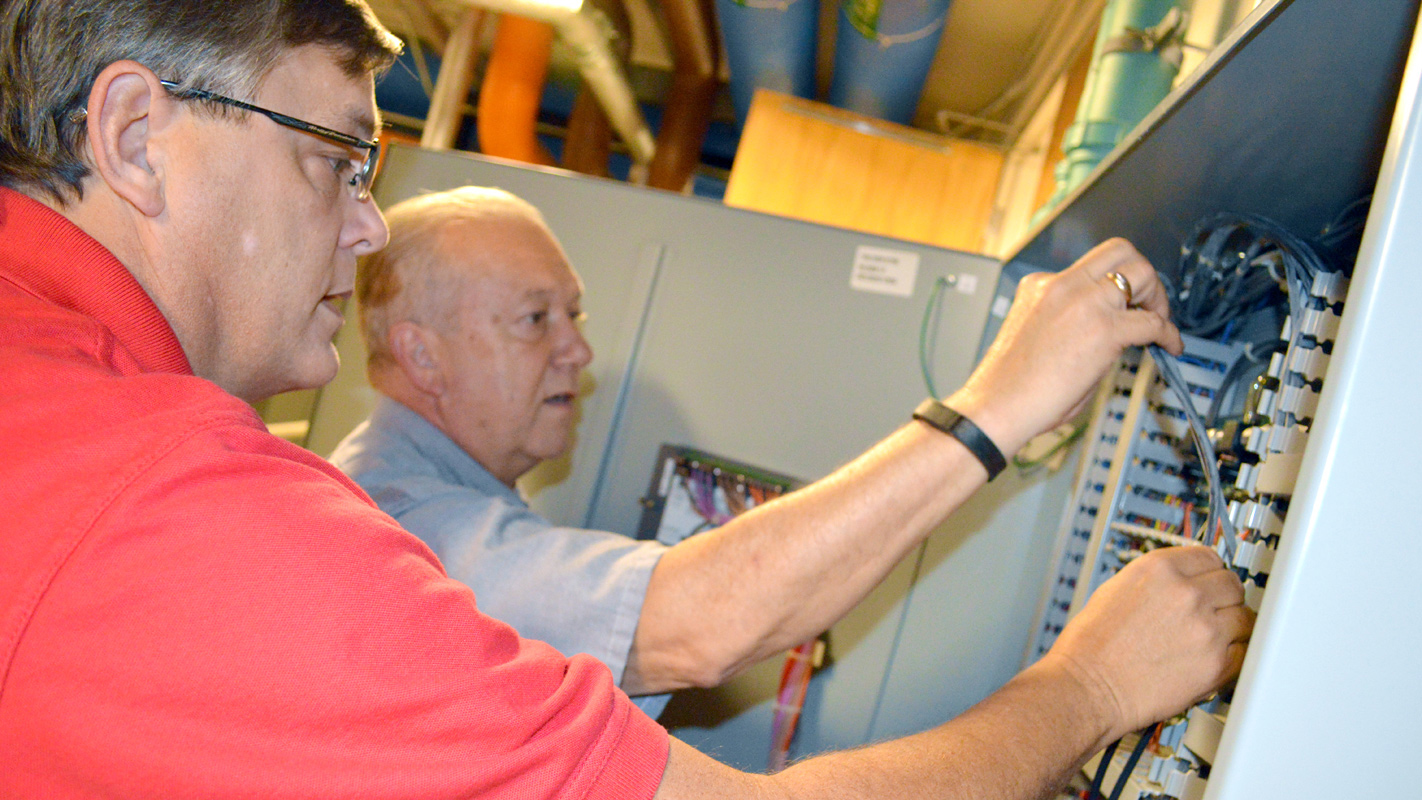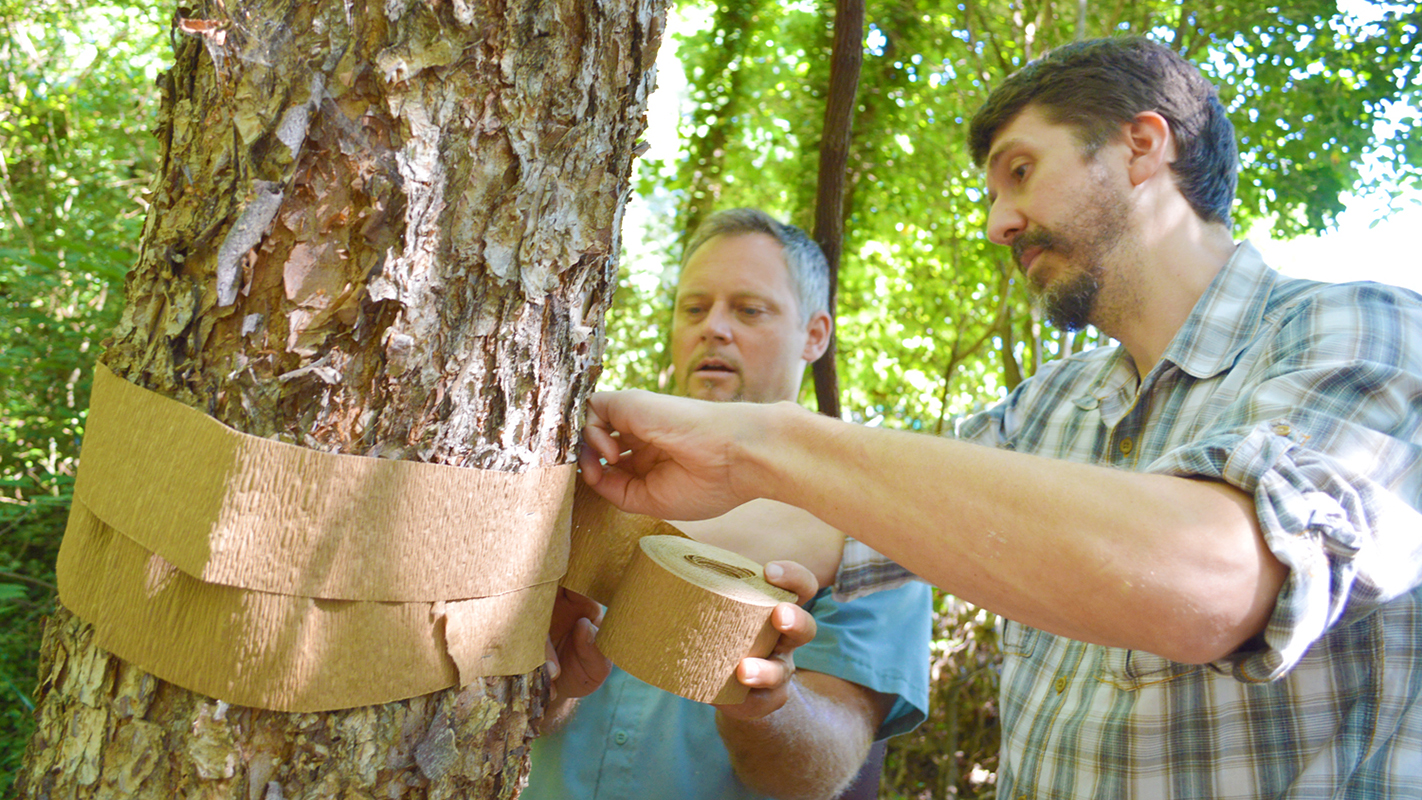Apr 18, 2014
Study Suggests Dan River Water Is Suitable for Irrigation and as Drinking Water for Livestock
Using projections of water-quality trends based on hundreds of water analyses made during a 40-day period following the release of approximately 39,000 tons of coal ash into the Dan River on Feb. 2, 2014, North Carolina State University soil scientists conclude that the river water is suitable for use as irrigation water on crops and…







